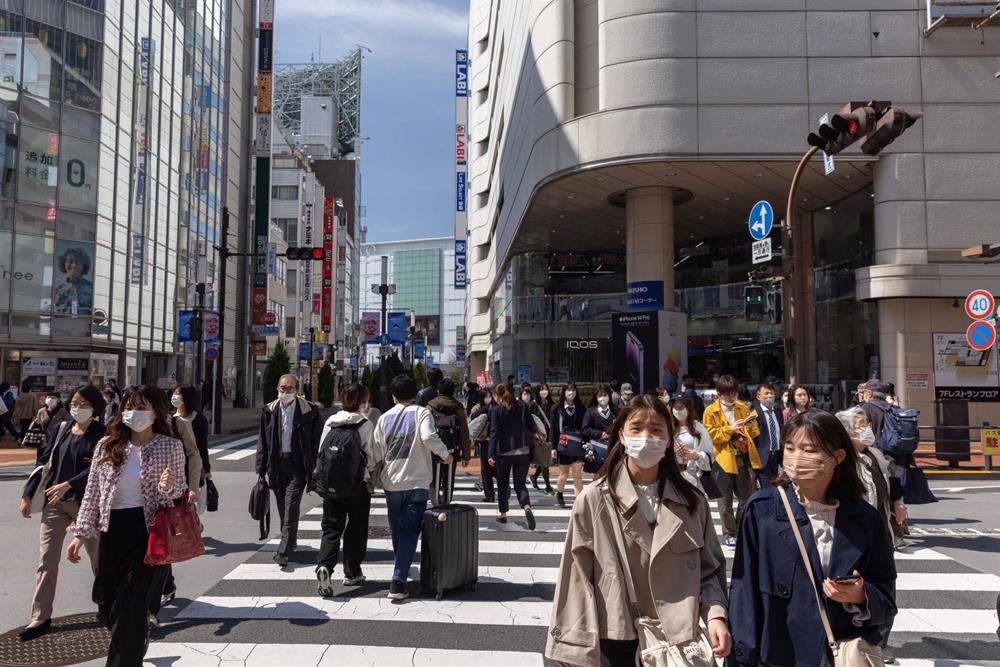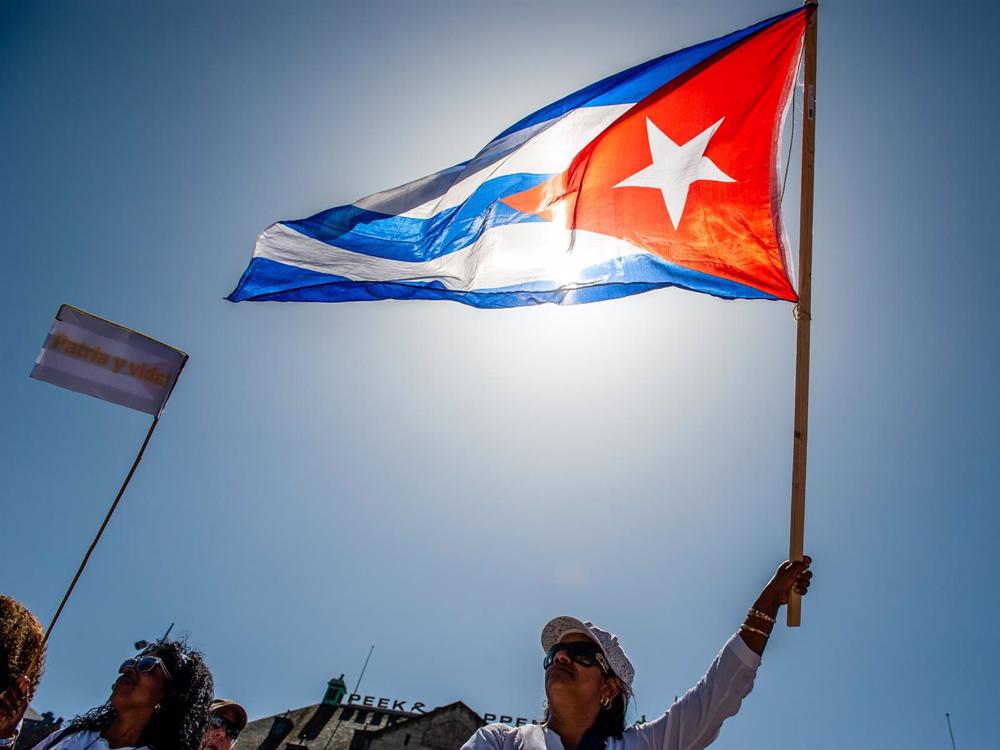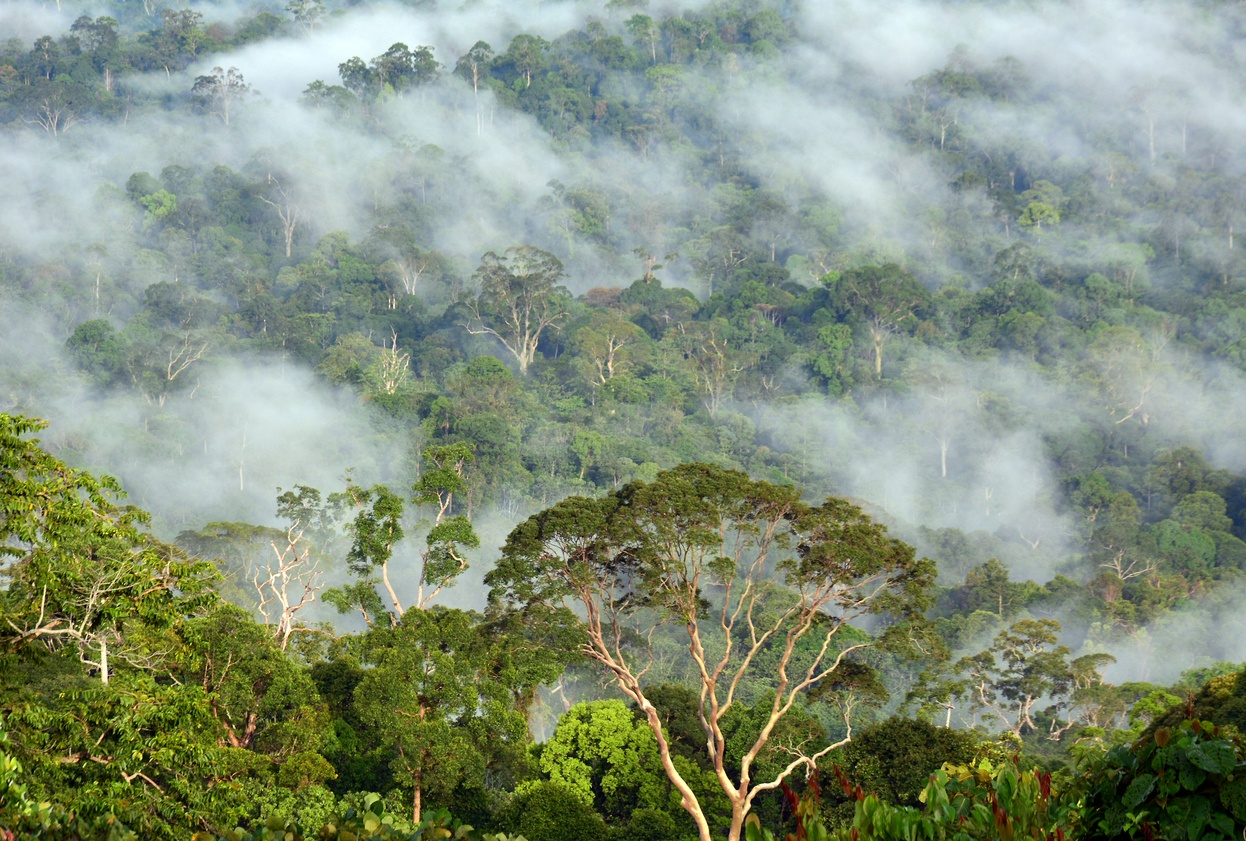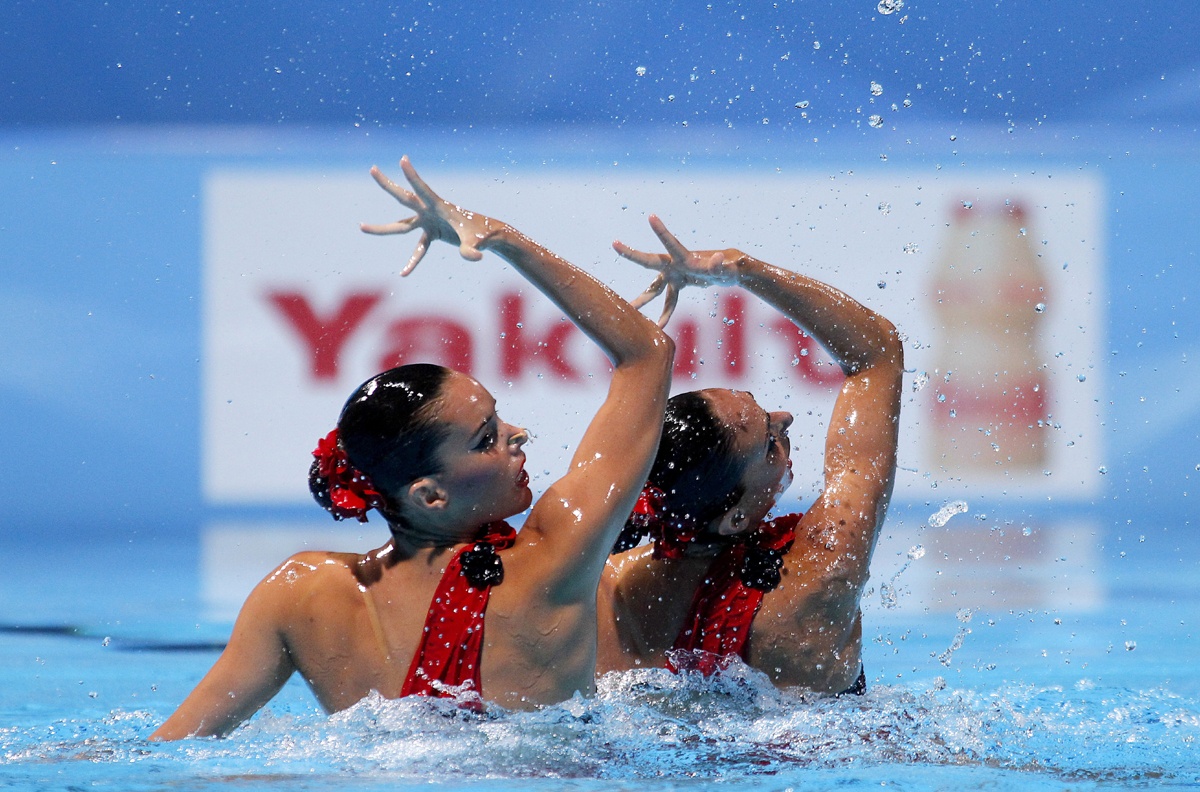
The mid-afternoon turnout for Tunisia’s legislative elections has plummeted by almost 60 percent compared to three years ago, according to estimates released by the Tunisian electoral authority.
As of 3 p.m., 656,915 registered voters had cast their ballots, 7.19 percent of the eligible population, compared to 1,515,000 at the same time in the elections two years ago.
This would be, according to data firm Insights TN, a 57 percent decrease from 2019. The company estimates that «it will be quite difficult to reach 1 million votes when the polls close at 18.00», local time.
However, the head Independent Higher Authority for Elections, Faruk Buaskar, has stressed that the turnout rate is revised upwards in the coming hours, according to statements reported by the news portal Babnet.
These early legislative elections are the first since the country adopted a new Constitution, promoted by the president, Kais Saied, after arrogating to himself in 2021 all the powers and in the midst of opposition denunciations for his authoritarian drift, culminating in the opposition boycott of the elections.
Saied announced in July 2021 the dissolution of the Government and the suspension of the Parliament, subsequently dissolved, in the framework of what he described as a response to the protests due to the political and economic crisis, unleashing the criticism of the Islamist party Ennahda -majority in the legislative body- and other formations and provoking alarm among several civil organizations.
Opponents, such as the former deputy of the Islamist party Enhadda Saida Ounissi, have assured the pan-Arab channel that the low turnout in the parliamentary elections is an «important confirmation» of the disinterest of the majority of Tunisians towards the political road map launched by Saied.
«Numbers cannot lie and today was one of the biggest trials to see if the population supports the whole process after the coup of 2021,» he added before denouncing the disconnect between the concerns of the President of the Republic and the expectations of the majority of the population.
«People are concerned about economic problems and social reforms. It is not a problem of institutions or a problem of politics, it is about making economic decisions and this is the conversation we should be having in Tunisia and we are not having in this authoritarian context,» he has lamented.
Source: (EUROPA PRESS)






